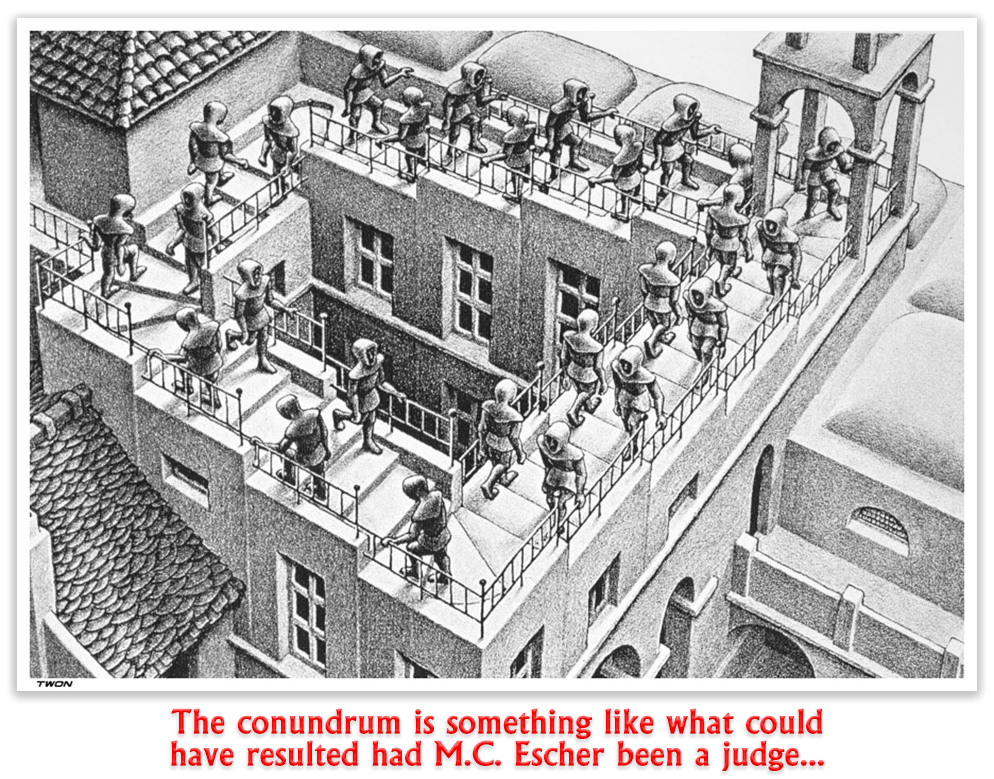We post news and comment on federal criminal justice issues, focused primarily on trial and post-conviction matters, legislative initiatives, and sentencing issues.

TWO MORE CIRCUITS CALL MANDATORY GUIDELINE JOHNSON CHALLENGES UNTIMELY
Last week, the 6th and 9th Circuits joined the 8th Circuit in ruling that post-conviction motions filed pursuant to 28 USC 2255 by people sentenced as Guidelines career offenders under the pre-Booker mandatory guidelines are not timely.
 In the 2015 Johnson v. United States decision, the Supreme Court ruled that a part of the statutory definition of “crime of violence,” the so-called residual clause that included as a violent crime any offense that carried a significant risk someone might get hurt, was unconstitutionally vague, because no one could tell for sure what kind of crime might qualify. That definition was in the Armed Career Criminal Act, 18 USC 924(e)(2), but similar language appeared in the “crime of violence” definition used in Chapter 4B of the Sentencing Guidelines, which defined a “career criminal” and applied dramatically higher sentencing ranges.
In the 2015 Johnson v. United States decision, the Supreme Court ruled that a part of the statutory definition of “crime of violence,” the so-called residual clause that included as a violent crime any offense that carried a significant risk someone might get hurt, was unconstitutionally vague, because no one could tell for sure what kind of crime might qualify. That definition was in the Armed Career Criminal Act, 18 USC 924(e)(2), but similar language appeared in the “crime of violence” definition used in Chapter 4B of the Sentencing Guidelines, which defined a “career criminal” and applied dramatically higher sentencing ranges.
Immediately, prisoners with “career offender” sentences filed motions claiming that the Johnson logic meant their Guidelines sentences were flawed. However, the Supreme Court ruled in Beckles v. United States that because the Guidelines are advisory, the constitutional concerns in Johnson did not apply to the residual clause of 4B1.2(a)(2).
The rub is that until the 2005 Supreme Court decision in United States v. Booker, the Guidelines were mandatory, not advisory. The Beckles decision specifically noted that the issue of whether Johnson might apply to someone labeled a “career offender” under the mandatory pre-Booker Guidelines was not being decided by Beckles.
Under 28 USC 2255(f)(3), a person seeking to take advantage of a change in the law to modify his or her sentence must file within a year of the decision. Within a year of Johnson, the prisoners in both the 6th and 9th Circuit cases filed 2255 motions claiming their district courts relied on the residual clause of USSG 4B1.2(a)(2) to conclude that each was a Guidelines career offender. They argued that the residual clause in 4B1.2(a)(2) was unconstitutionally vague because it was almost identical to the clause struck down in Johnson, and that Beckles did not apply to the residual clause of 4B1.2(a)(2) in the pre-Booker mandatory guidelines.
Last week, both the 6th and there 9th held that to apply Johnson to the career offender provisions of the mandatory, pre-Booker Guidelines “would be an extension, not an application, of the rule announced in Johnson.” Because the Supreme Court had not yet decided the issue it left open in Beckles, the appellate courts ruled, the 2255s were untimely and must be dismissed.
This puts people still serving long sentences under mandatory “career offender” Guidelines between the devil and the deep blue sea. The Supreme Court has sent a clear signal in Beckles that it would look at a mandatory “career offender” Johnson case differently, if only the issue were before it. But one has to get to it in order to be decided. The cases that would qualify are so old (every one pre-2005) that the only way one can be put before a court is through a 2255 motion, and such a motion would not be timely if Johnson did not trigger the one-year clock.
No doubt one or more of the cases already decided by the various Circuits may make it to the Supreme Court. To a layman, however, dragging prisoners through an additional four years of incarceration that virtually all commentators – including the Beckles court justices – acknowledge is unconstitutional seems to be a strange and unfair way to run a process.
A Johnson endnote: Meanwhile, the respected Supreme Court website SCOTUSBlog last week blasted the Attorney General’s claim that the recidivism rate for people released under Johnson was “staggering” blasted. Parsing various reports issued within the past year, the author finds Sessions’ claims are without foundation. Recidivism rates are no different for Johnson releasees from other inmates.
Robinson v. United States, Case No. 16-3595 (6th Cir. Sept. 7, 2018)
United States v. Blackstone, Case No. 17-55023 (9th Cir. Sept. 12, 2018)
SCOTUSBlog: Johnson v. United States: Three years out (Sept. 5, 2018)
– Tom Root


